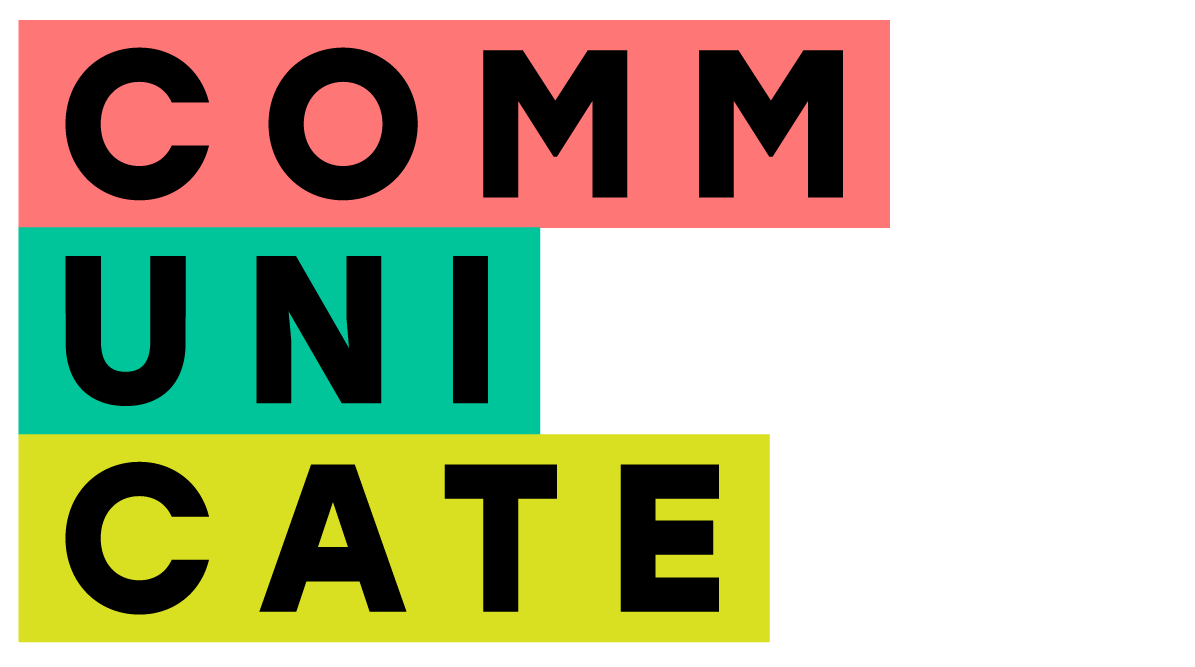Inclusive Recruitment: Top 10 Ways to Make Your Recruitment Process Inclusive
Finding the perfect person for the job can feel like searching for a unicorn.
Here's where "inclusive hiring" comes in. The best way to attract a whole herd of talented individuals, all with unique skills, backgrounds and perspectives!
Unveiling Bias: The Sneaky Enemy of Fairness
Unconscious bias, or those hidden assumptions we make about people based on factors like race, gender, social status, education level, physical ability, sexual orientation or age, can creep into the recruitment process. Here's how:
Resume Screening: Bias can influence who gets shortlisted based on factors unrelated to qualifications.
Interview Process: Unconscious bias can affect how candidates are evaluated during interviews.
These biases can lead to talented individuals being overlooked, hindering your chance of finding the best fit.
Building Your Inclusive Arsenal: 10 Ways to Make Recruitment Fairer
Ready to create a recruitment process that welcomes everyone? Here's your action plan:
Craft Compelling Job Descriptions: Ditch jargon and focus on skills and achievements needed for success. Use inclusive language that appeals to a broad audience (e.g., "recent graduate" can be replaced with "candidate with less than 5 years of experience").
Expand Your Search: Look beyond traditional job boards. Partner with diversity-focused organizations and utilize platforms frequented by underrepresented groups.
Embrace Anonymous Resumes: Consider anonymizing resumes during the initial screening phase to focus solely on qualifications.
Structured Interviews for All: Develop a set of pre-determined questions asked of all candidates, ensuring a fair and objective evaluation.
Skill-Based Assessments: Utilize job simulations or tests that evaluate a candidate's abilities relevant to the role, rather than relying solely on traditional resumes and cover letters.
Diverse Interview Panels: Assemble interview teams that reflect the diversity of your desired talent pool. This fosters a more welcoming environment and allows for a wider range of perspectives during the evaluation process.
Training for Hiring Managers: Equip your hiring managers with unconscious bias training to help them recognize and overcome potential biases during the interview process.
Accessibility is Key: Offer alternative interview formats (e.g., video conferencing, phone) and provide reasonable accommodations for candidates with disabilities.
Go Beyond the Resume: Look for transferable skills and consider experience gained outside of traditional employment settings.
Track Your Progress: Regularly monitor your recruitment process to identify areas for improvement and track your progress towards building a diverse workforce.
Building a Culture of Belonging
Inclusive recruitment is just the first step. Here's how to create a lasting impact:
Invest in Employee Resource Groups (ERGs): Provide a platform for employees from similar backgrounds to connect and support each other.
Offer Diversity and Inclusion Training: Educate employees about unconscious bias and the importance of an inclusive work environment.
Develop Mentorship Programs: Connect experienced employees with newcomers from underrepresented groups, fostering career development and a sense of belonging.
Why Inclusive Recruitment Matters
Diversity isn't just a buzzword – it's a strategic advantage. Studies show companies with inclusive practices outperform their less diverse counterparts. Benefits include:
Enhanced Innovation: Diverse perspectives lead to a richer pool of ideas, fostering creativity and problem-solving.
Stronger Employer Brand: A commitment to inclusion positions you as a progressive and attractive employer, attracting top talent.
Wider Talent Pool: By removing barriers, you tap into a larger pool of qualified candidates, increasing your chances of finding the perfect fit.
Improved Employee Engagement: When employees feel valued, they're more likely to be engaged, productive, and stay with the company.
How we can help
If you’re struggling to find the right balance to make your recruitment processes more inclusive, we offer a range of services including audits, training and strategy development to help your company do inclusivity the right way!
Contact us for more information on how our experts can help you build a more inclusive recruitment strategy and reap the benefits of having a diverse and inclusive workforce.
